Xu Qiyuan, Senior Fellow and Deputy Director of the Institute of World Economics and Politics, Chinese Academy of Social Sciences
May 02, 2025
History may rhyme, but the economic drama now unfolding in the United States defies historical reason. When the US Federal Reserve’s technocrats collide with an inexperienced and capricious presidential administration, conventional macroeconomic tools quickly become impotent.
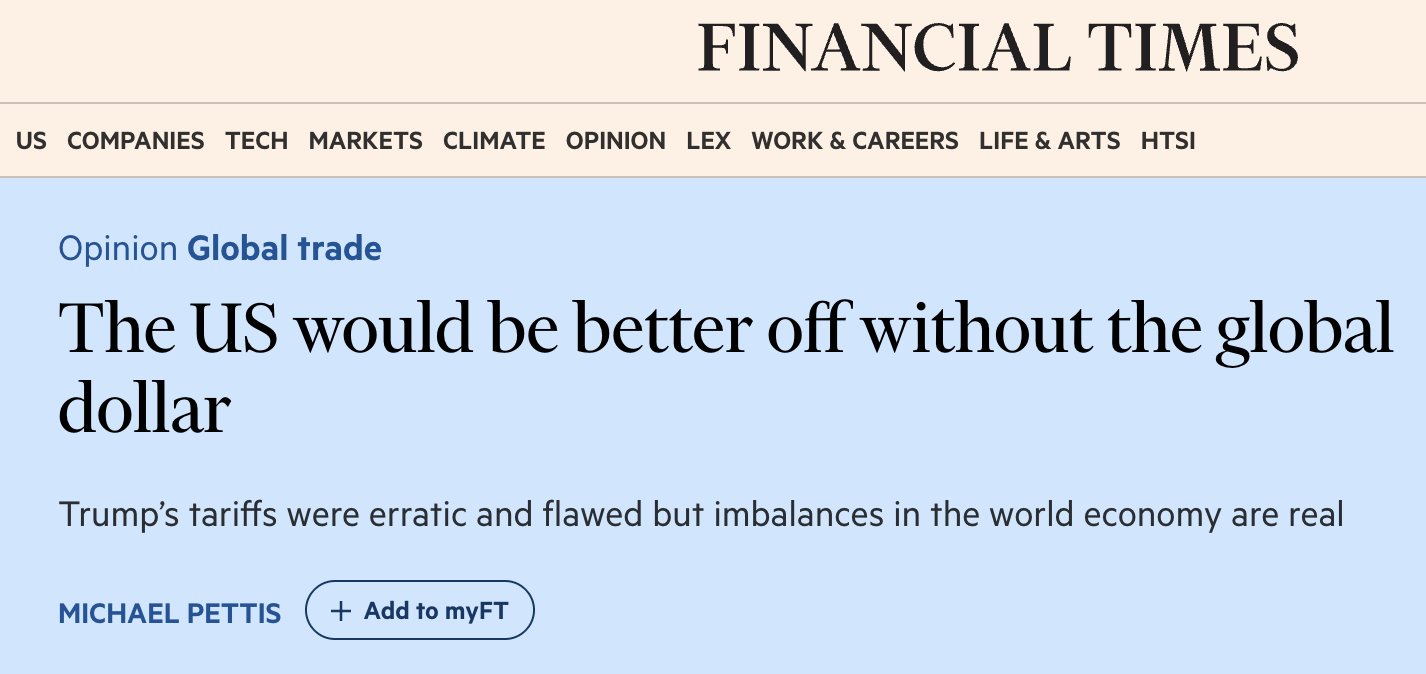
Warwick Powell, Adjunct Professor at Queensland University of Technology, Senior Fellow at Beijing Taihe Institute
May 02, 2025
The recent Financial Times editorial by economist Michael Pettis, in which he advocates for U.S. capital controls to achieve balance in its external accounts, is emblematic of a deeper and more troubling reality: American economic policy has entered a conceptual dead end.
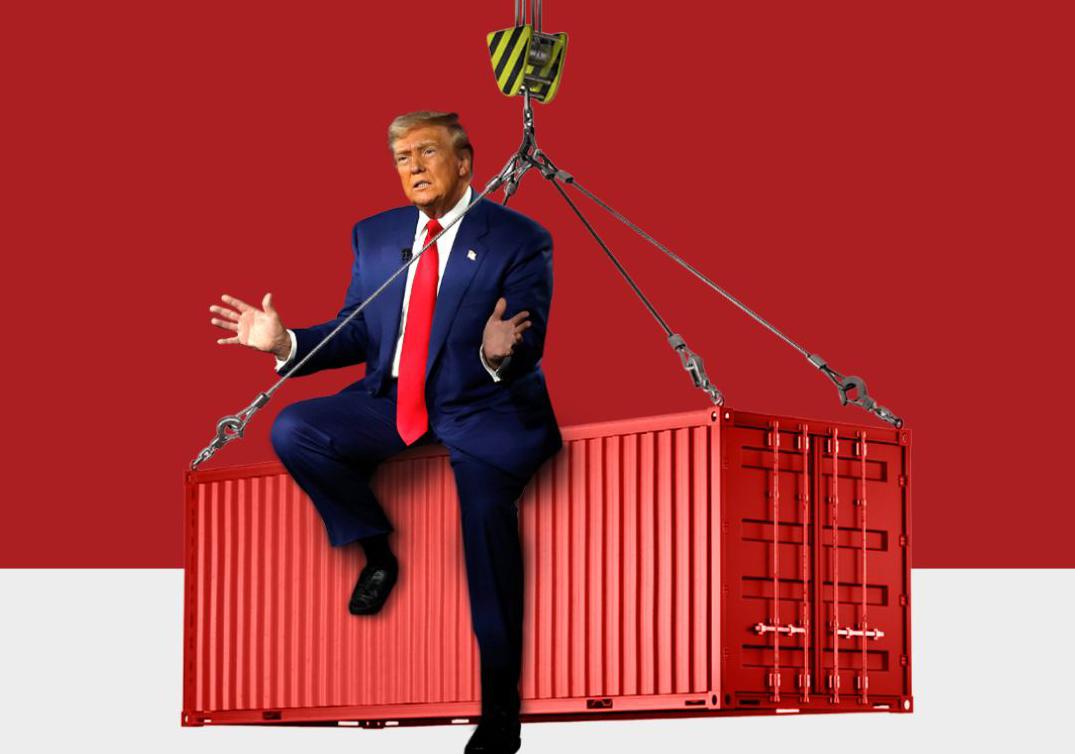
Zhang Monan, Deputy Director of Institute of American and European Studies, CCIEE
May 02, 2025
Donald Trump’s “reciprocal tariff” policy is intended to push back against globalization, but its inherent structural problems will only accelerate the trend of “de-Americanization” worldwide.
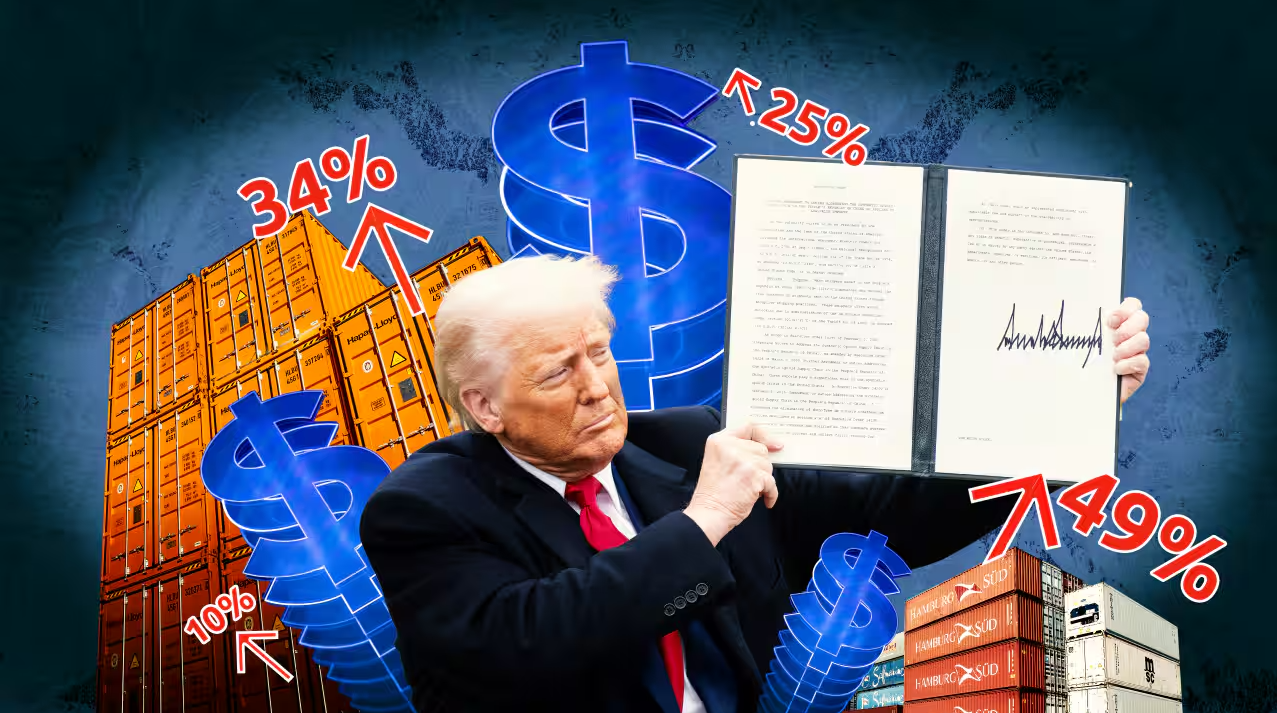
Ding Yifan, China Forum Expert and Deputy Director of China Development Research Center
Apr 30, 2025
There is no winner in a trade war, because sabotaging trade hurts both sides. “Killing 1,000 enemies while losing 800 of one’s own” — a Chinese saying for a scenario in which the cost does not justify the gain — is applicable in this case.
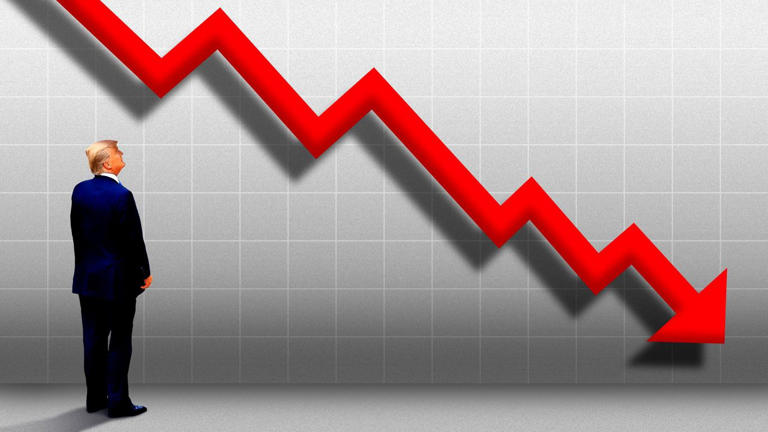
Ma Xue, Associate Fellow, Institute of American Studies, China Institutes of Contemporary International Relations
Apr 30, 2025
Despite the growing risk of economic recession at home, President Donald Trump has done nothing to prepare voters for the pain ahead. He is betting that the Federal Reserve will relax interest rates to mitigate the effect of tariffs, but monetary easing could also trigger an inflation spike.
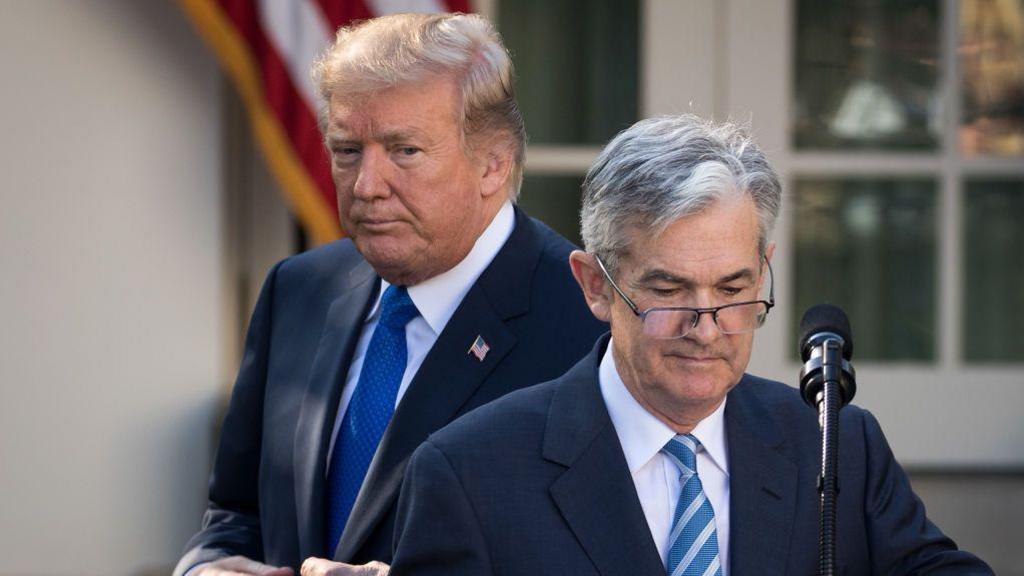
Stephen Roach, Senior Fellow, Yale University
Apr 28, 2025
Nearly five years ago, I warned that stagflation was only a broken supply chain away. A temporary outbreak did indeed occur in the immediate aftermath of the COVID-19 shock, as a surge in inflation coincided with an anemic recovery in global demand. But, like the pandemic, that economic disruption quickly subsided. Today, a more worrisome form of stagflation is in the offing, threatening severe and lasting consequences for the global economy and world financial markets.

Shang-Jin Wei, Professor, Finance and Economics at Columbia University
Apr 22, 2025
China has taken a tough stance against US President Donald Trump, matching the last two rounds of US tariffs with tariffs of its own. The US tariff on goods from China is now 145%, while China’s is 125%. Why does China take such a position, and are there any off-ramps that would allow it to mitigate the costs of a prolonged trade war?
Zhang Jun, Dean, School of Economics, Fudan University
Apr 22, 2025
There are signs that the Chinese economy has been improving, owing to the government’s September 2024 stimulus package. Year-on-year GDP growth in the first quarter of this year reached 5.4% – continuing the marked acceleration from the third quarter of last year.
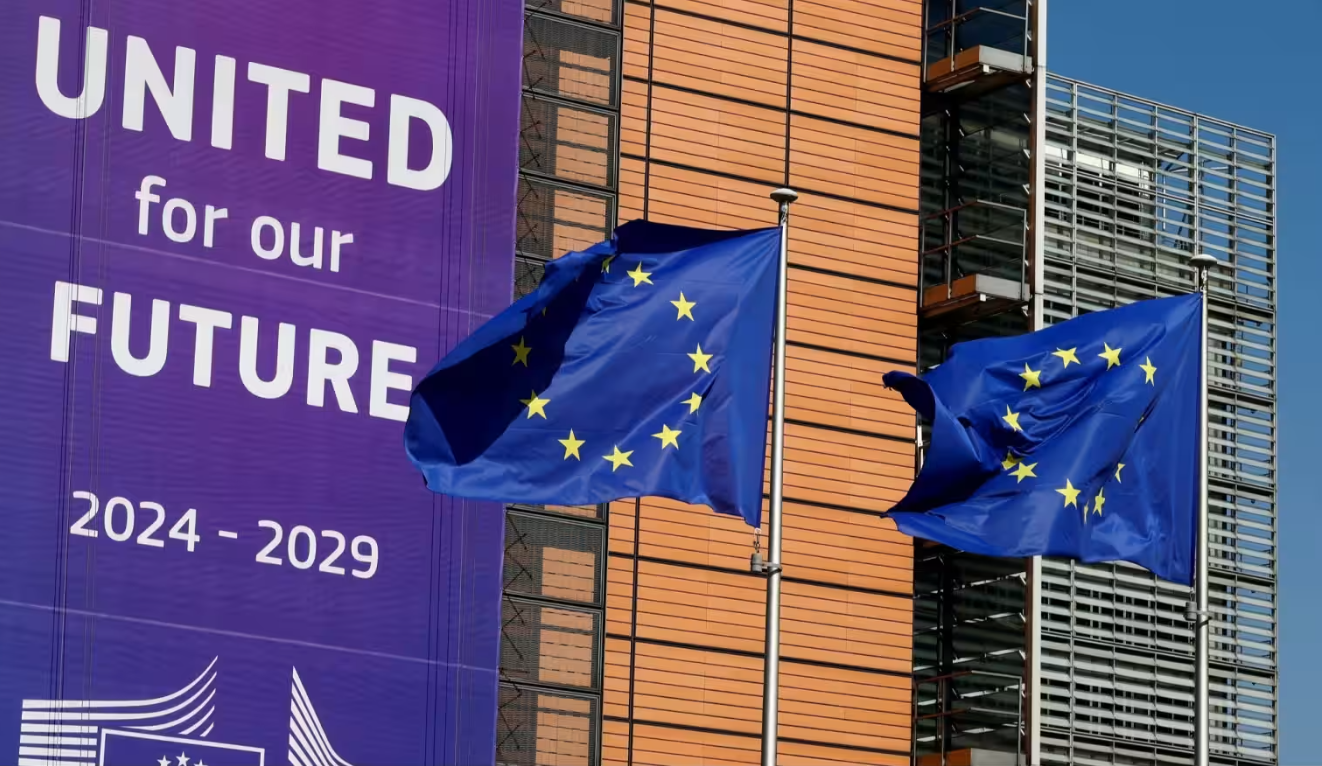
Lucio Blanco Pitlo III, President of Philippine Association for Chinese Studies, and Research Fellow at Asia-Pacific Pathways to Progress Foundation
Apr 22, 2025
For many nations, a highly profitable trade relationship with the United States is now no longer a given. With President Trump’s tariff agenda looming over the world, how is Asia planning for a future where the U.S. may not be so open for business?
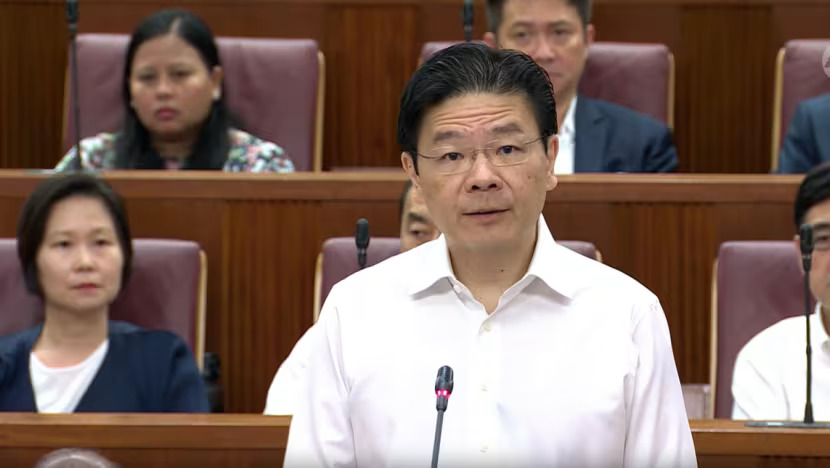
Richard Javad Heydarian, Professorial Chairholder in Geopolitics, Polytechnic University of the Philippines
Apr 22, 2025
The recent tariff episode shook global economic confidence in a way that’s only been seen in the aftermath of major catastrophes, despite relief coming in the short-term. Has the damage been done to America’s trade hegemony?